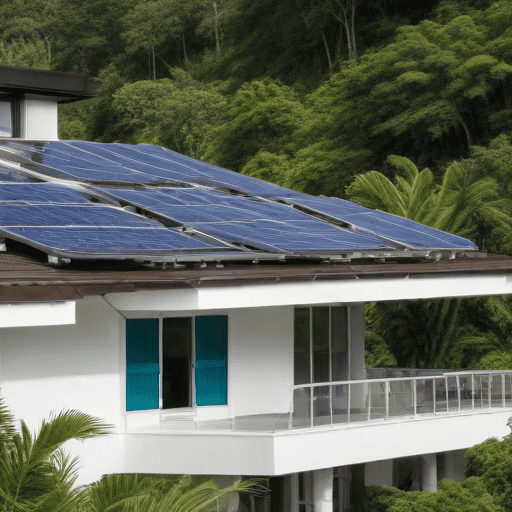The Ministry of Health in Fiji is making strides to improve climate resilience within its healthcare system, although these enhancements have not fully reached individual healthcare facilities. To bridge this gap, the Fiji Health Adaptation Plan (FHAP) for 2024 to 2030 has been introduced by the government. This plan aims to ensure that the robust processes developed are effectively implemented across local healthcare settings.
The FHAP emphasizes the importance of raising awareness about existing climate resilience tools and sharing best practices among healthcare operators. It is committed to including frontline health practitioners in local assessments, thus ensuring that those who work directly with communities are equipped to respond to the health impacts of climate change.
Further, the plan stresses community engagement, coordination, and governance improvements at both Divisional and Sub-divisional levels. By doing so, it aims to empower frontline health staff with the necessary resources and knowledge to lead local initiatives effectively.
As part of its proactive approach, the Ministry of Health has adopted the World Health Organization’s Operational Framework for building climate-resilient health systems. Encouragingly, progress is being made against various indicators laid out in this framework, with milestones reached that include establishing a Climate Change and Health Unit within the Ministry and publishing the Climate Change and Health Strategic Action Plan (CCHSAP).
Moreover, Fiji’s health sector is entering a new phase of enhanced cross-sectoral collaboration, exemplified by partnerships such as the memorandum of understanding between the Ministry of Health and the Fiji Meteorological Service. This collaboration could potentially strengthen health responses to climate influences and underline a commitment to protecting public health amid environmental changes.
This initiative is an encouraging development, highlighting the government’s recognition of the critical intersection of health and climate, and its dedication to ensuring that healthcare facilities are prepared to withstand and respond to climate-related challenges.
In summary, Fiji is actively working to build climate-resilient healthcare systems by engaging local healthcare workers, improving governance, and fostering collaboration across sectors, which sets a promising foundation for future adaptability and resilience.

Leave a comment